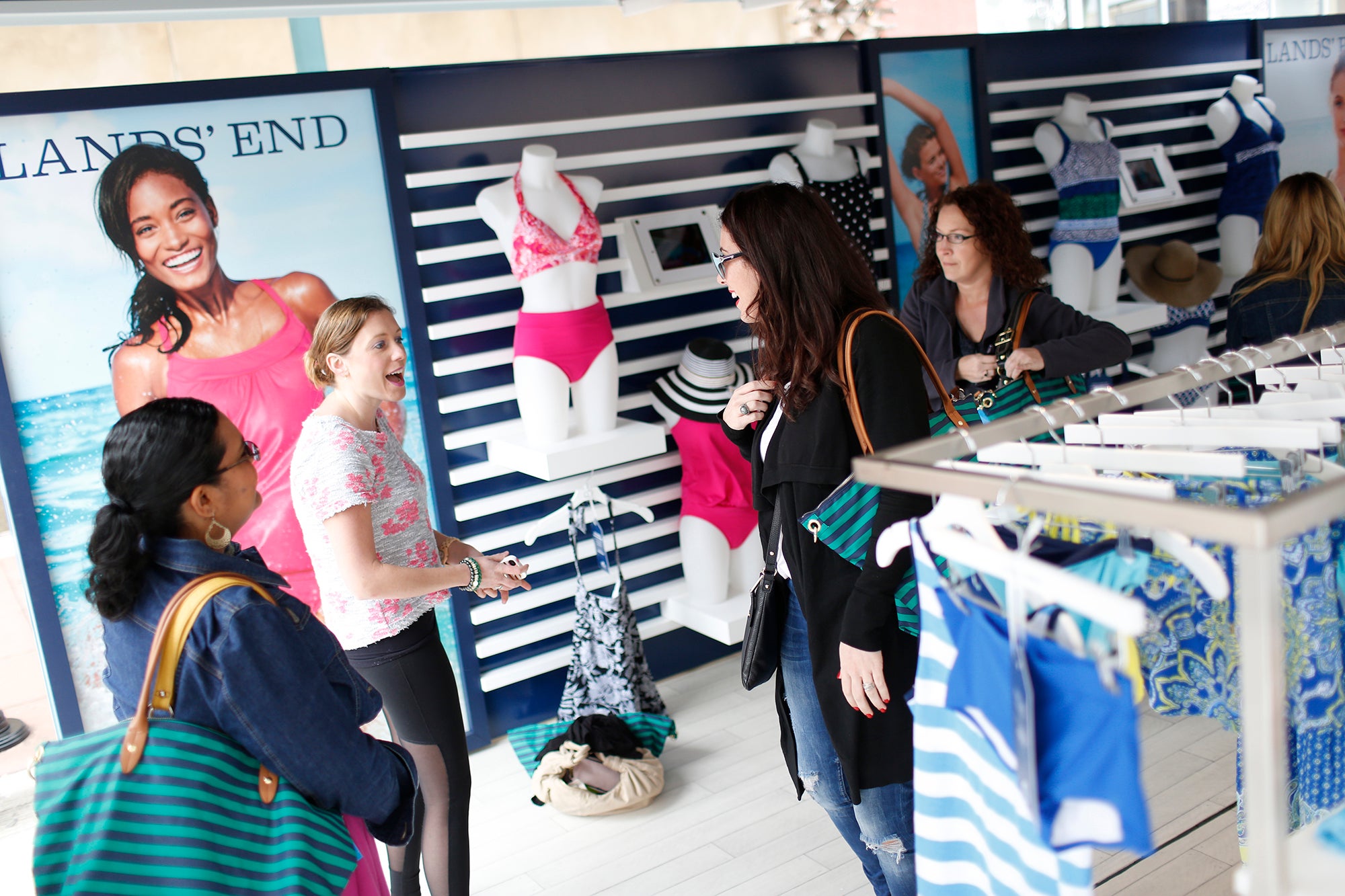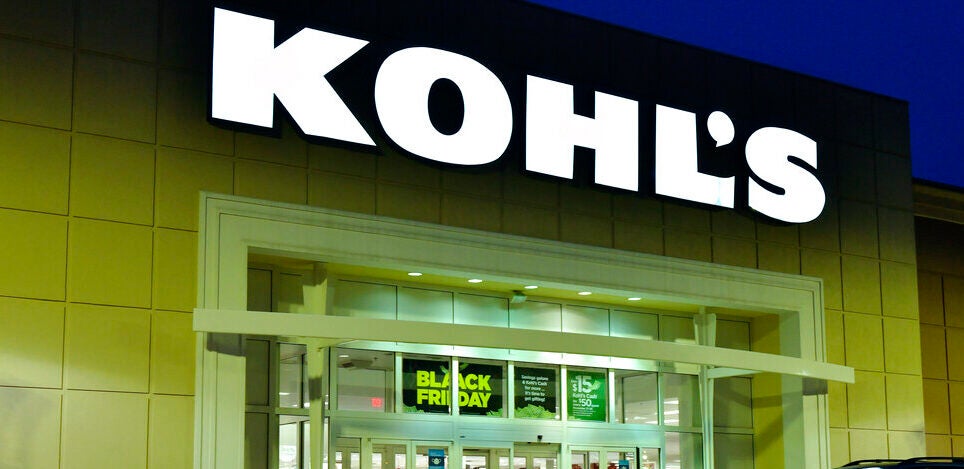Wisconsin-based Lands’ End is betting on brick and mortar.
The company released its 2018 fiscal year earnings report on Thursday. Executives said they are pleased with the performance of its stand-alone stores.
Jerome Griffith, CEO of Lands’ End, said that if people don’t find what they want in a store, an associate will help them find it online.
News with a little more humanity
WPR’s “Wisconsin Today” newsletter keeps you connected to the state you love without feeling overwhelmed. No paywall. No agenda. No corporate filter.
“We opened five new stores in 2018 and ended the year with 16 of our own stores in the U.S.,” Griffith said on an investors’ conference call Thursday.
“We plan to continue to expand our retail footprint and expect to nearly double our store count with the opening of another 10 to 15 stores in line with our long-term plan to open 40 to 60 locations over the next several years,” he added.
Compared to 2017, Lands’ End closed the fourth quarter of 2018 with 125 fewer shops. The company took a hit when a retailing partner, Sears, closed stores across the country.
The Dodgeville-based clothing maker reported earnings for fiscal year 2018 were down slightly, with net revenue down by 1.6 percent. But at a time when brick-and-mortar stores, such as the Ashwaubenon-based ShopKo, are closing, Lands’ End executives believe the company investing in brick-and-mortar stores will drive overall sales.
Griffith said stores can’t carry everything a customer might want so sales associates will use electronic tablets to help them order anything they desire.
Purushottam Papatla, the interim associate dean at the University of Wisconsin-Milwaukee’s Lubar School of Business, said the company is using a good strategy that other retailers such as the GAP Inc. and J.Crew Group, Inc. have also adopted.
Papatla said the strategy gets someone who is already interested in a product through the doors.
“It literally gives them access to much more that they would want through the online shopping in the store and get it sold,” Papatla said. “You have a captive customer to whom you are selling much more.”
Editor’s note: This story was updated to correct Purushottam Papatla’s title to interim associate dean from interim dean.
Wisconsin Public Radio, © Copyright 2025, Board of Regents of the University of Wisconsin System and Wisconsin Educational Communications Board.







